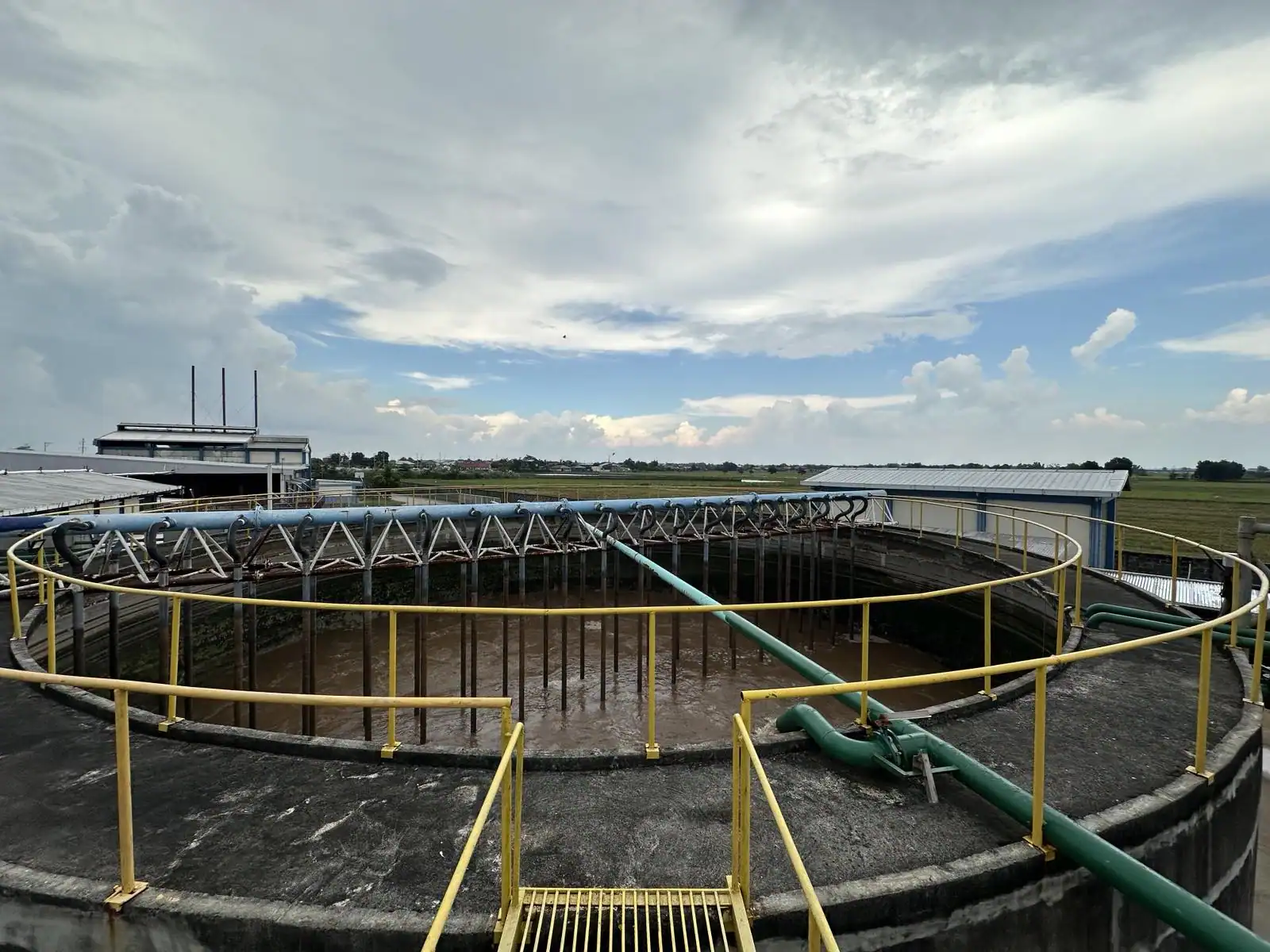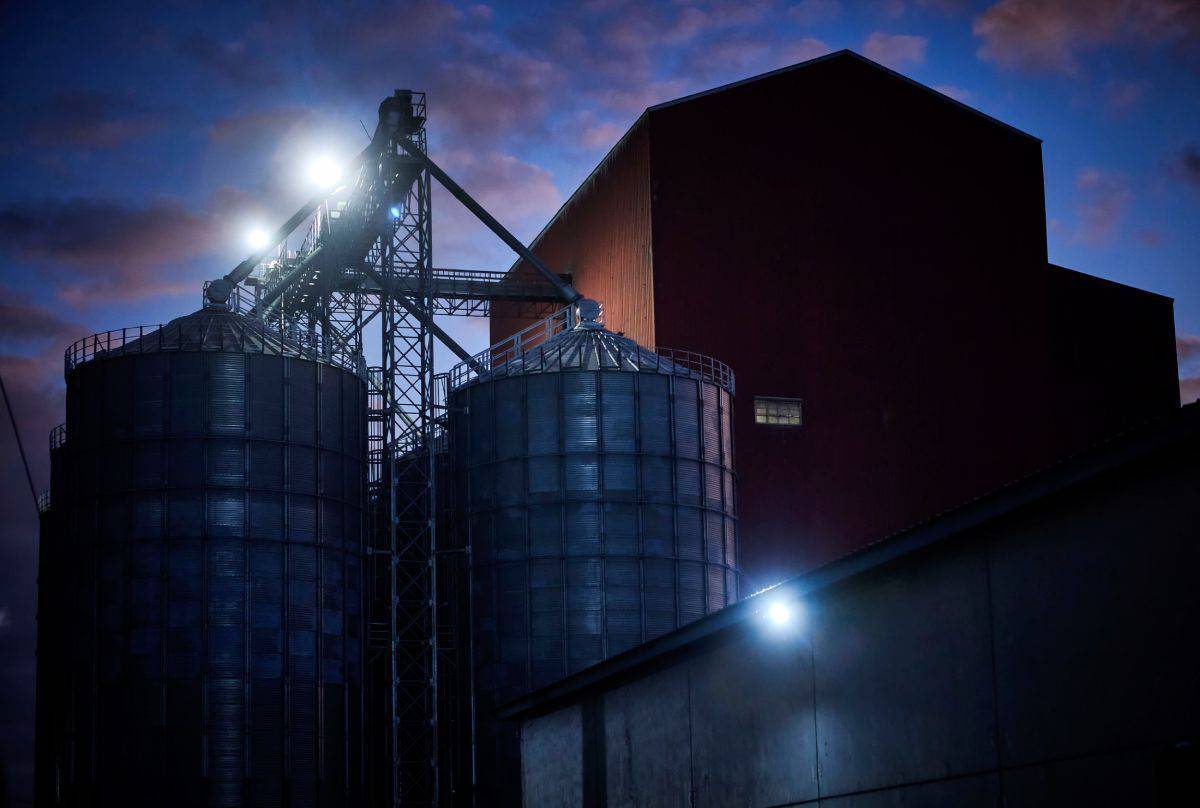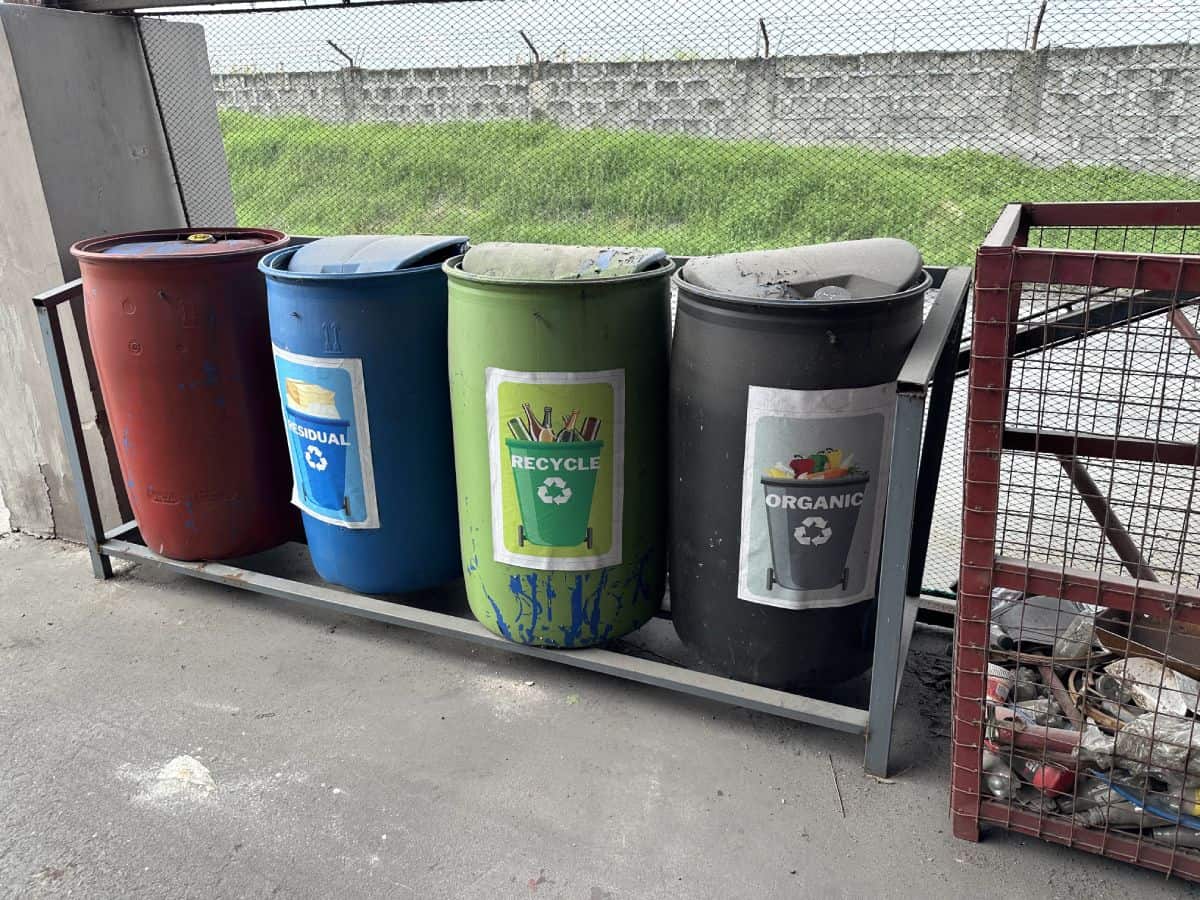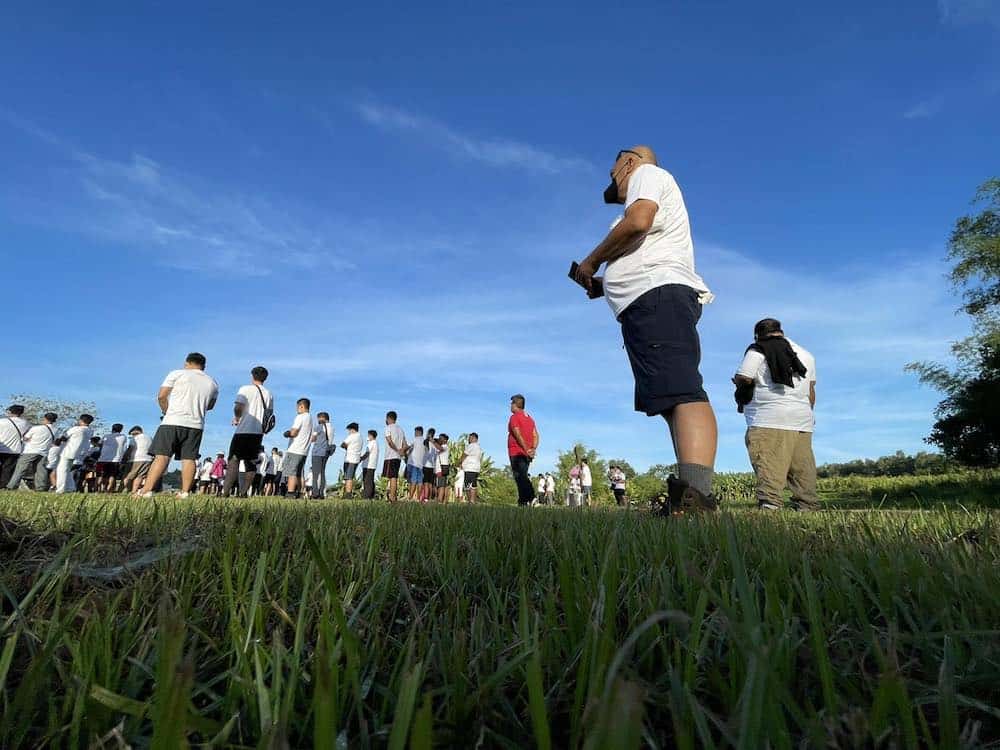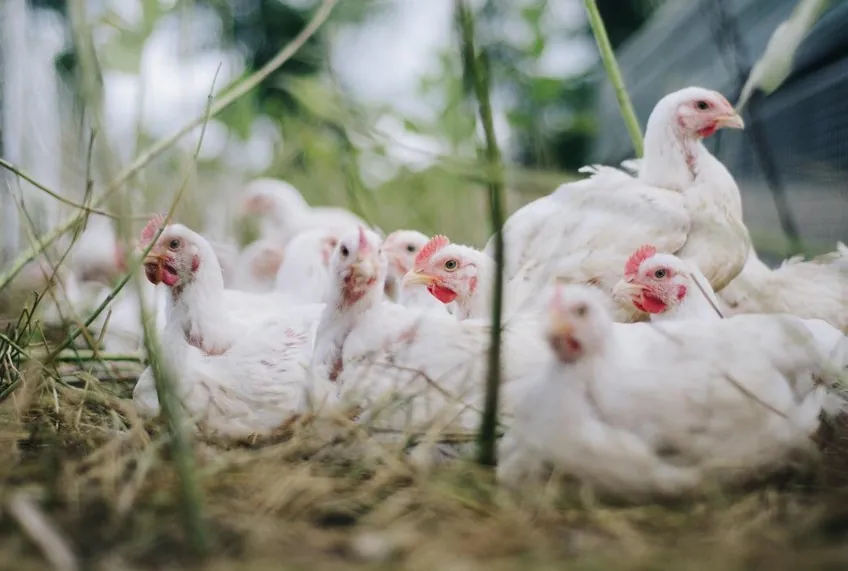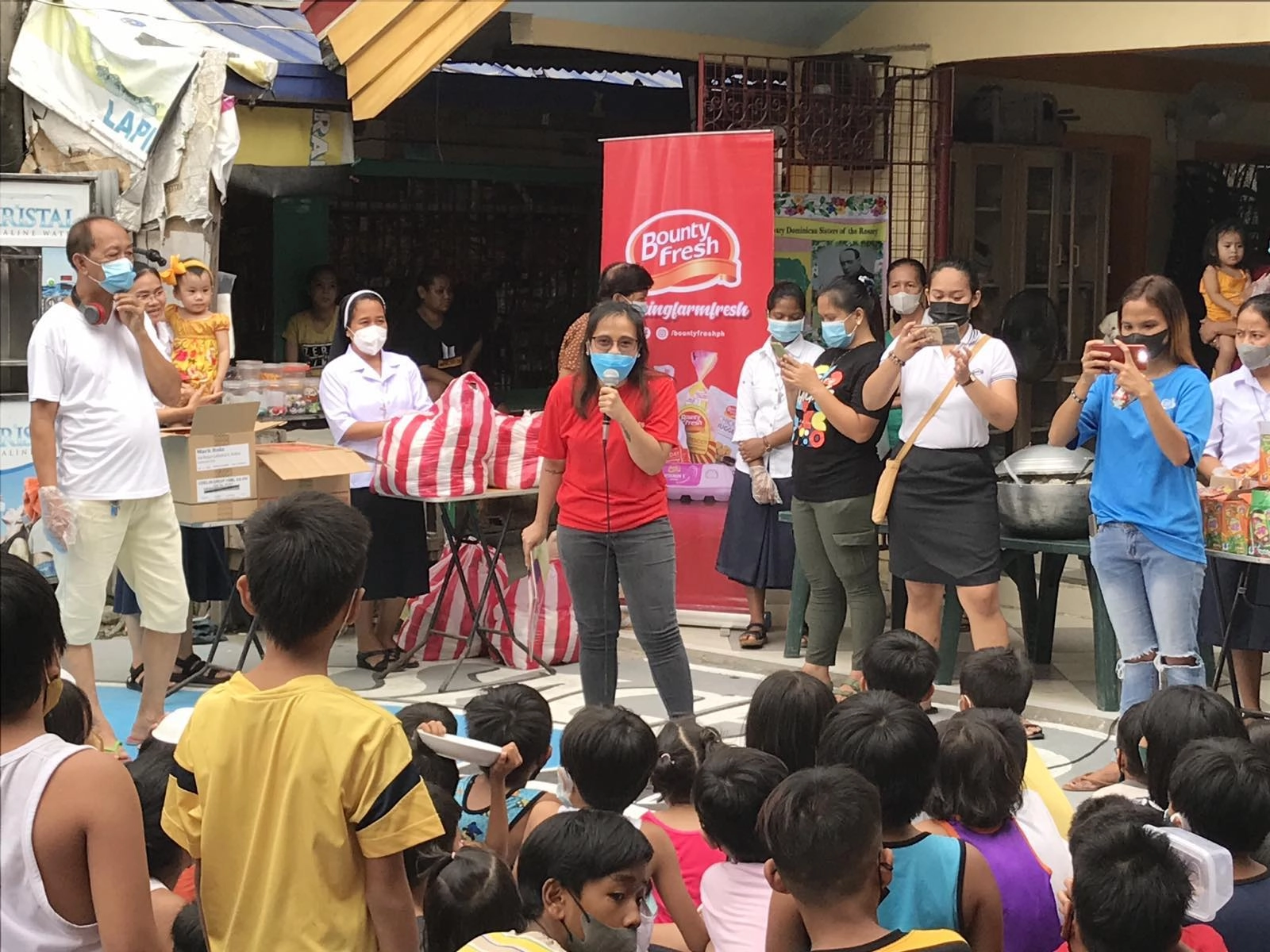It has been a priority for most organizations to operate sustainably and reduce waste as much as possible. For Bounty, we have developed methods to convert waste to wealth by creating innovative solutions that transform poultry byproducts into valuable resources. This transformation is built on research, innovation, and a clear commitment to sustainable agriculture.
Bounty’s commitment to sustainability extends far beyond its operations, encompassing wastewater and animal waste management, tree planting, and other eco-friendly practices that benefit the communities it serves. Our journey demonstrates that ‘waste to wealth’ is not just a slogan, but a guiding principle for every aspect of our operations.
Sustainability encompasses economic, social, and environmental dimensions. True sustainability requires fostering an agricultural ecosystem that benefits the community and endures for present and future generations. The waste-to-wealth approach helps us ensure that we leave a positive legacy for tomorrow.
Poultry Waste Needs a Better Solution
Poultry farming naturally produces large volumes of organic waste. This includes manure, feathers, litter, spoiled feed, and wastewater from cleaning and processing. For bigger operations, that waste adds up quickly. Without proper management, these byproducts can create serious environmental risks, including water pollution, greenhouse gas emissions, and public health concerns.
Recognizing these challenges early on, Bounty took on the task of transforming its waste management practices, moving beyond simple disposal to pioneering a system that extracts maximum value from every byproduct. Our solutions demonstrate how the waste-to-wealth model can directly address environmental concerns while enhancing farm productivity and efficiency.
Bounty’s Pillars of Resource Transformation
Bounty’s innovative waste management strategy transforms liabilities into valuable assets through several key initiatives, each reinforcing our commitment to the waste-to-wealth journey:
- Advanced Composting of Poultry Litter: We meticulously control the decomposition of poultry litter to create high-quality organic fertilizer. This enriches the soil and reduces our reliance on synthetic alternatives, demonstrating how waste to wealth can be achieved even from everyday farm byproducts.
- Anaerobic Digestion of Organic Byproducts: We convert liquid and semi-liquid waste into biogas through the process of anaerobic digestion. This process lets us manage daily poultry byproducts like manure and egg wastes. This also generates renewable energy to power our facilities and cut our overall carbon footprint.
- Comprehensive Water Recycling and Treatment Systems: As part of our commitment to sustainable operations, certain Bounty farms and plants are equipped with comprehensive water recycling and treatment systems. These multi-stage systems purify and reuse water for non-potable uses within our farms, minimizing freshwater consumption and wastewater discharge.
- Plastic Waste Transformation: Used plastics are converted into other resources, such as containers for waste and bottle collection, creating a more efficient and effective way to deal with plastic waste.
Bounty’s Green Revolution
Bounty is also committed to managing other types of waste, whether it be plastic waste, animal waste, or wastewater.
For plastics, our solution to the global plastic crisis is the Green Revolution. We are dedicated to directly addressing this critical environmental concern, demonstrating once again how the waste-to-wealth mindset applies beyond organic waste.
As a responsible company, we are dedicated to reducing plastic waste and promoting for sustainable alternatives. Our approach involves taking concrete steps through innovative recycling programs, developing biodegradable materials, and encouraging thoughtful consumption habits in all individuals.
Bounty has been officially registered as an Obliged Enterprise under the Extended Producer Responsibility (EPR) Act of 2022 on September 29, 2023.
For wastewater, we employ a comprehensive wastewater treatment process to protect our precious water resources. This involves solids separation, biological treatment utilizing microorganisms to break down pollutants, and disinfection to eliminate harmful pathogens, ensuring the water we release back into the environment is clean and safe.
A Commitment to a Sustainable Tomorrow
Holistically, all of these efforts go beyond the farms. Through Bounty Cares, we actively engage with our local community, sharing our knowledge and resources, so that the waste-to-wealth model becomes a catalyst for positive change.
We collaborate closely with academic institutions to develop and refine advanced waste management technologies. Through these community partnerships, we aim to inspire broader adoption of sustainable practices and help drive collective action toward a greener future.
Learn more about our efforts here at our website https://bounty.com.ph/beyond-bounty/

